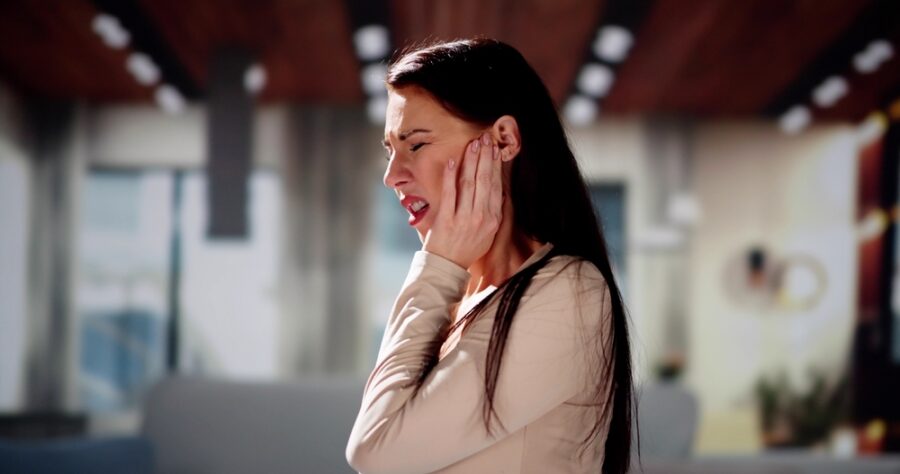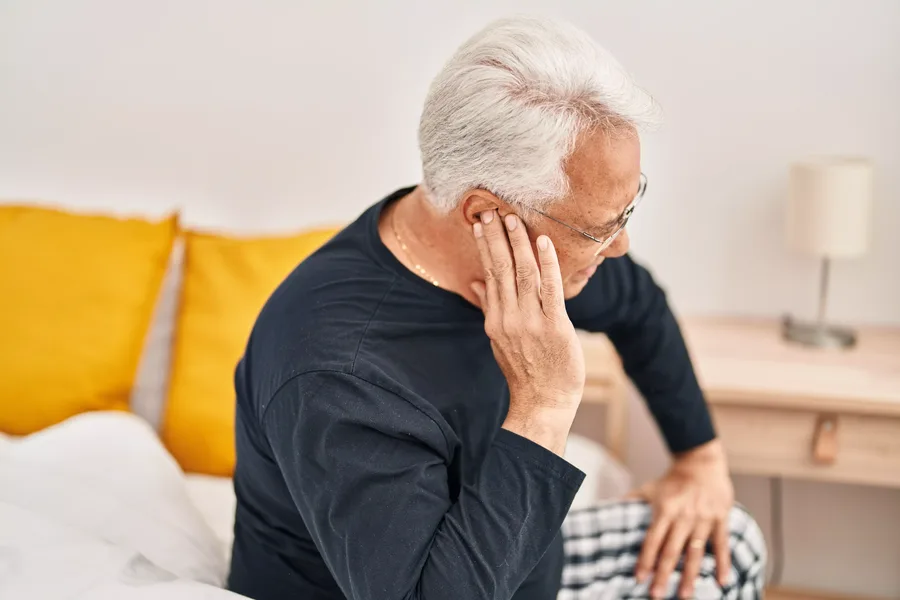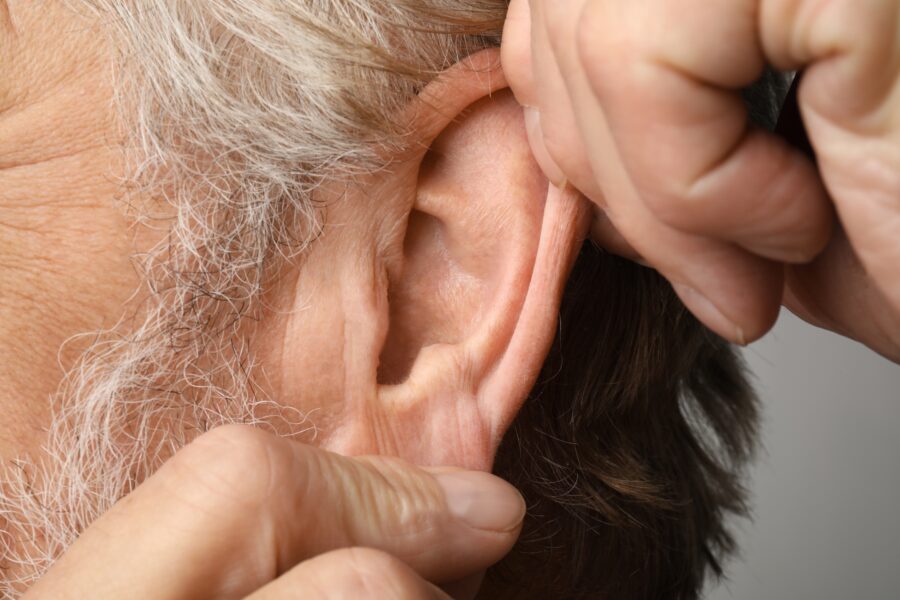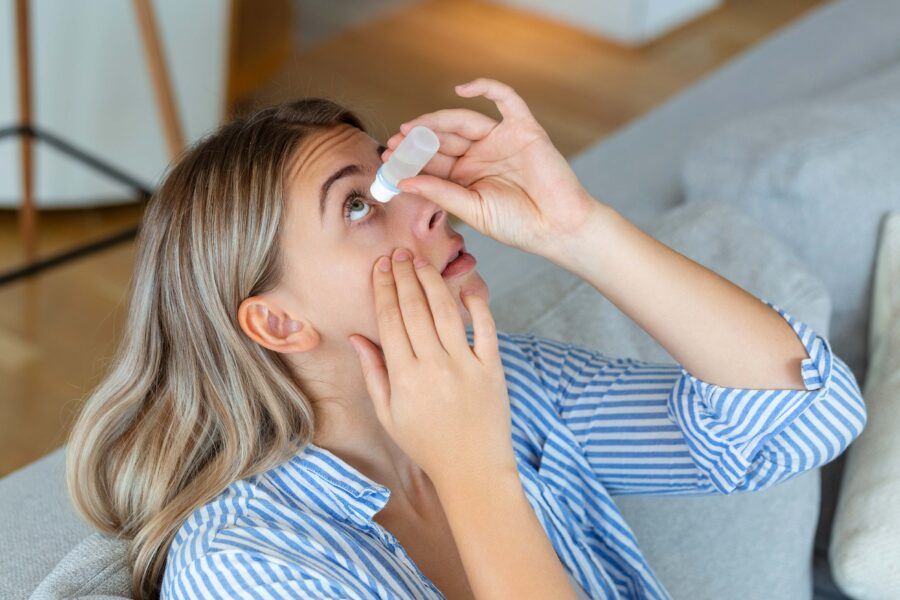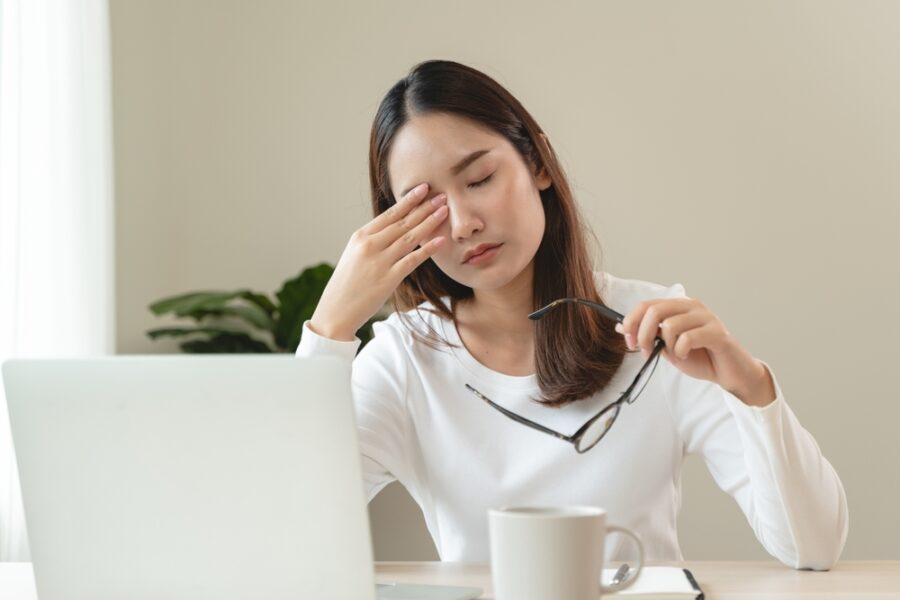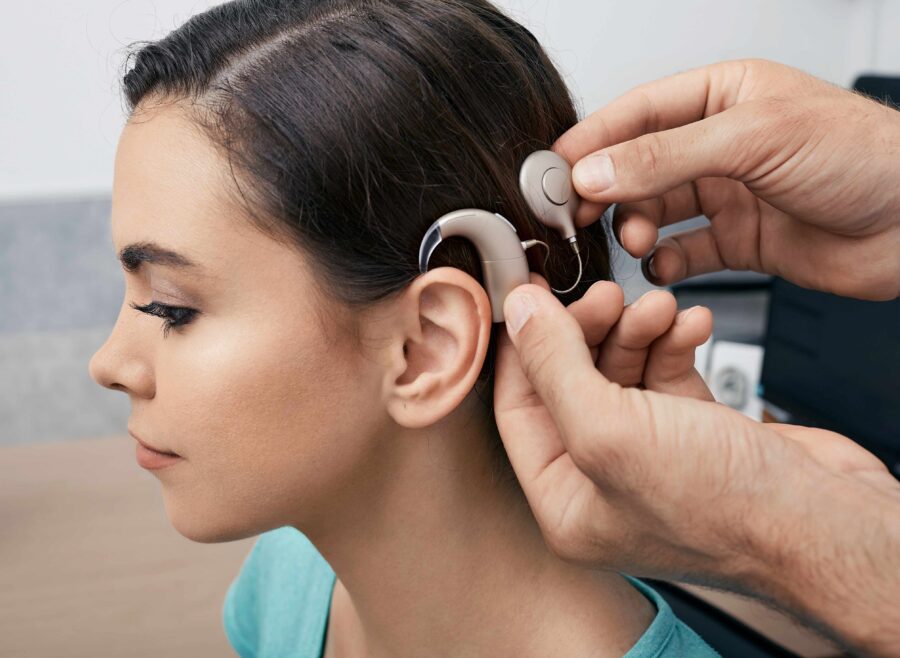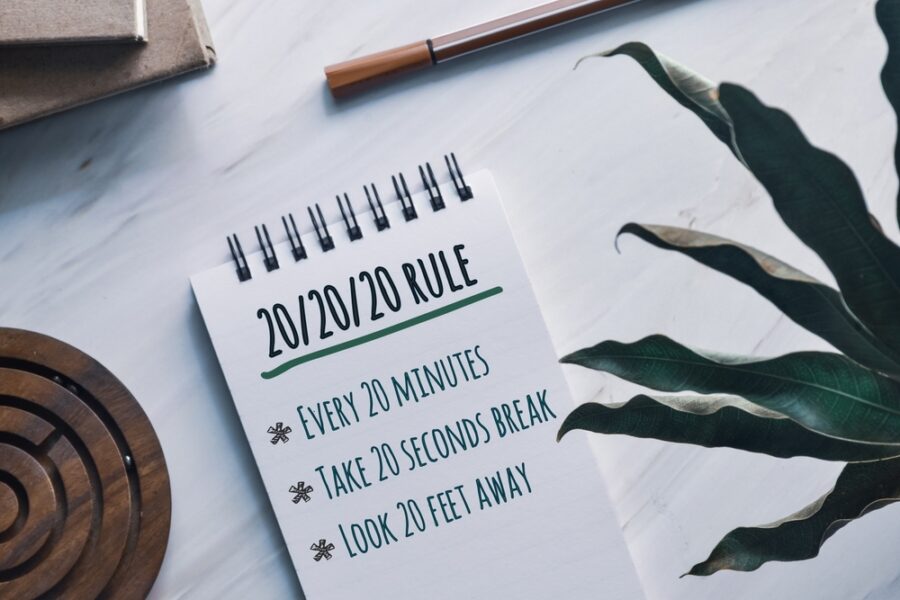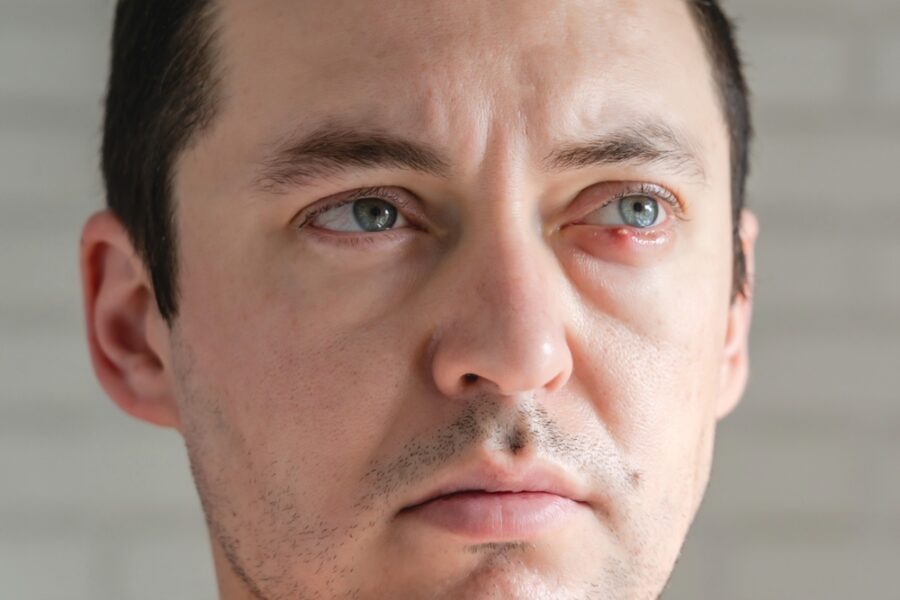

News post
Managing stress
It is safe to say that 2020 was a very stressful year for everyone, particularly the elderly and disabled, who were more vulnerable throughout the pandemic.
Tension in older people can be caused by various factors - from the loss of a loved one, worries about health and care, financial hardship or loneliness.
Whatever the cause, the effect of stress on the elderly or someone with specialist care needs, can be very debilitating to a person's physical health.
What is Stress?
Stress is the feeling of being under too much mental or emotional pressure. When you are stressed, your body releases stress hormones such as adrenaline and cortisol. There are many different types of stress. It is not an illness itself, but it can make you unwell if it is severe or lasts a long time. A small amount of stress can be helpful, but too much can cause negative effects such as a change in your mood, your body and relationships.
Key signs for spotting stress in older people:
- Changes in eating habits
- Increased irritability, general sadness or depression
- Memory issues, lack of concentration or poor judgement
- Difficulty in sleeping
- Isolation and refusal to participate in social activities previously enjoyed
How to reduce stress?
You might not be able to avoid stress, but there are things you can do to manage it and looking after yourself is critical. Some things you can try include:
- Stress diary - write down everything you feel to identify things that make you feel stressed or unwell.
- Get practical advice - you may be able to take steps to change the cause of your stress by getting practical advice on different issues.
- Manage your money - If you are worried about money, there are places that you can get advice and support, so speak to someone if this is a cause for concern.
- Plan your time - If you prepare your day, it can make you feel more in control.
- Talk to someone - Telling someone how you are feeling may help with stress. Emotional support is essential, so reach out to your loved ones.
- Make lifestyle changes - ensure that you are taking care of yourself physically - exercise if you can, sleep well, reduce your caffeine intake and eat a healthy and balanced diet.
There are lots of ways to get support if you are struggling with stress. Click here for more information.
Sources:









